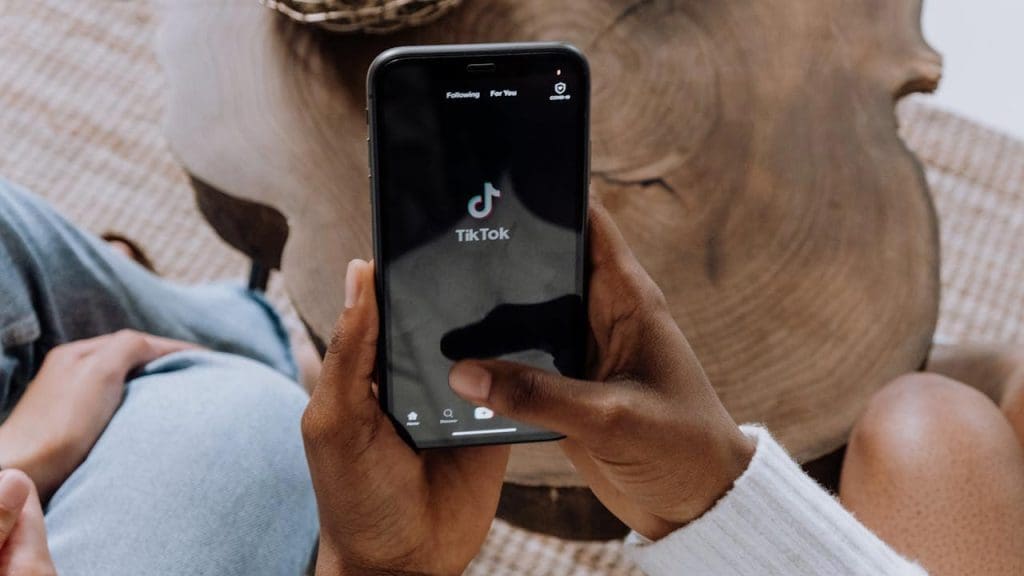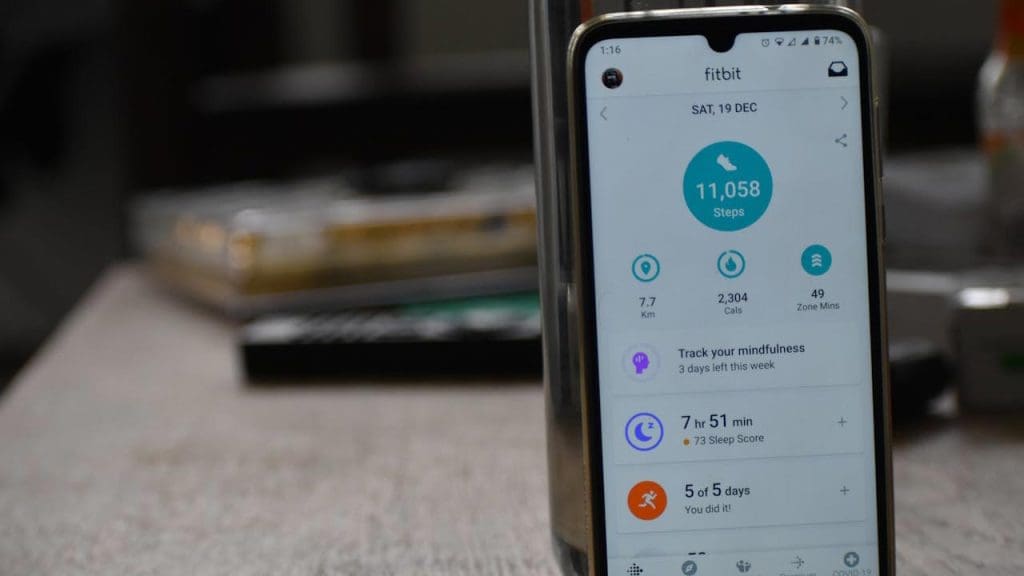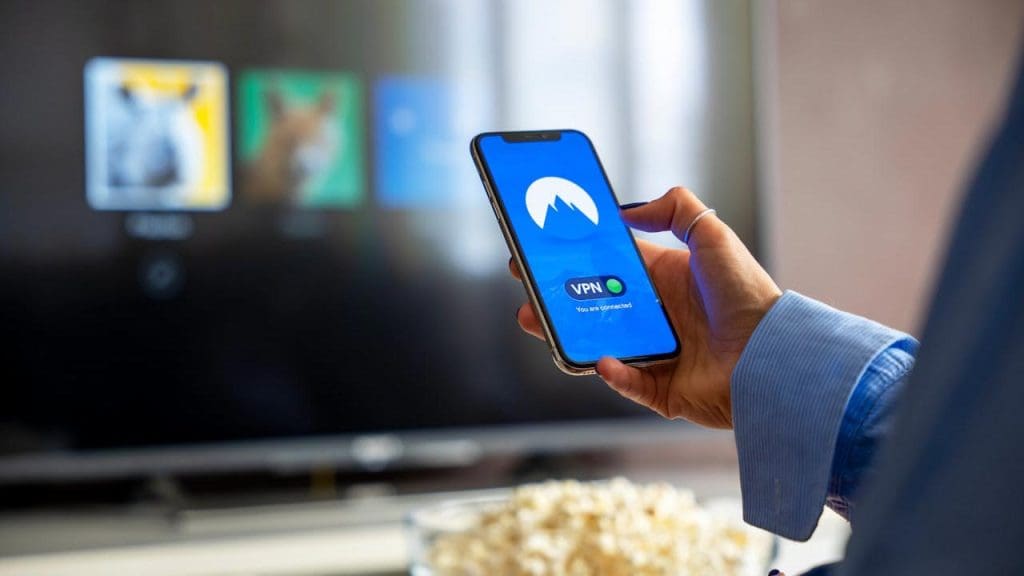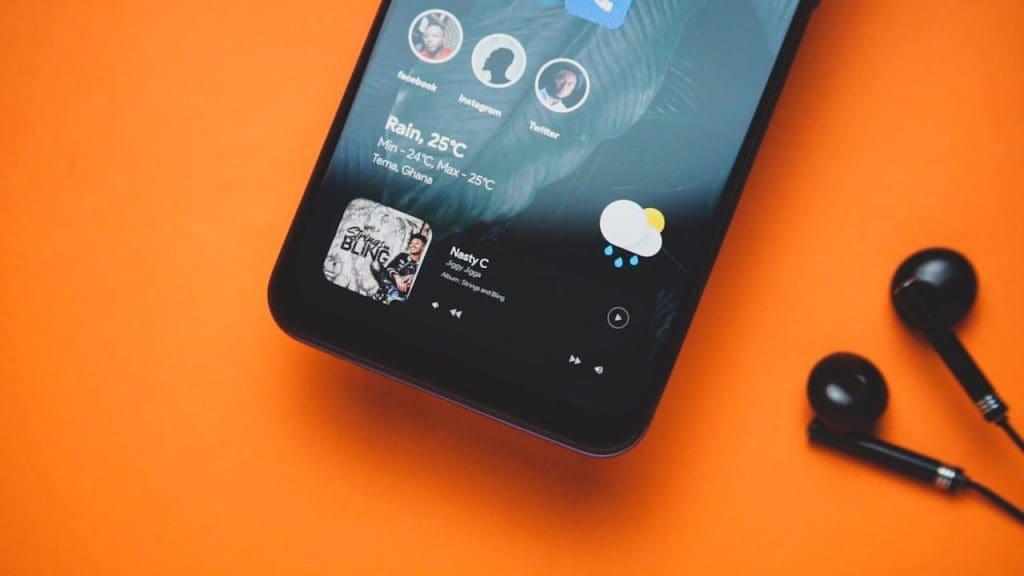In today’s digital age, the apps we rely on can sometimes be a double-edged sword. While they offer convenience and functionality, some apps may also compromise our privacy. Here are six types of apps that have been known to secretly sell your data, often without explicit consent.
Social Media Giants

Social media platforms are notorious for harvesting vast amounts of user data. While they provide free services, they often monetize this data through targeted advertising. This raises serious privacy concerns, especially when users are unaware of the extent of data collection. The complexity of privacy policies can make it difficult to understand what data is being collected and how it’s used.
Many users are unaware that their personal information, including browsing habits and personal interests, is being sold to third-party advertisers. This practice underscores the importance of reading privacy policies and adjusting settings to limit data sharing where possible.
Fitness Trackers

Fitness apps and wearable devices track your health metrics, including steps, heart rate, and even sleep patterns. However, the data collected is often shared with third parties. This can include insurance companies and marketers looking to capitalize on consumer health trends.
While these apps offer valuable insights into personal health, users should be cautious about the permissions they grant. Reviewing app settings and privacy policies can help ensure that sensitive health data remains secure.
Free VPN Services

VPNs are popular for enhancing online privacy and security. However, free VPN services might compromise user privacy by tracking and selling browsing data. These services often have limited revenue streams and resort to data monetization as a source of income.
For those seeking online anonymity, it’s crucial to choose a reputable VPN provider. A paid service with a clear no-logs policy offers a higher level of privacy protection compared to free alternatives.
Weather Apps

Weather apps are a staple on smartphones, but they often require access to location services. While this is necessary for accurate weather updates, some apps exploit this data for commercial purposes. They may sell location data to advertisers or data brokers, who use it for targeted marketing.
Users should consider the permissions required by weather apps and seek alternatives that prioritize user privacy. Opting for apps from reputable developers with transparent privacy practices is a wise choice.
Photo Editing Tools

Photo editing apps are popular for their ability to enhance images with ease. However, many require access to photo libraries and inadvertently collect metadata. This data can be sold to advertisers interested in user demographics and preferences.
Before downloading a photo editing app, it’s crucial to assess its privacy policy and permissions. Opt for apps that are transparent about their data usage and avoid those requiring unnecessary permissions.
Shopping Assistants

Shopping assistant apps offer convenience by finding deals and managing purchases, but they often collect a wealth of personal data. This includes browsing history, purchase habits, and even payment information. Many of these apps sell data to retailers seeking insights into consumer behavior.
To protect personal information, users should limit the data shared with shopping assistants and review their privacy settings. Selecting apps with strict data protection policies can help safeguard sensitive information.